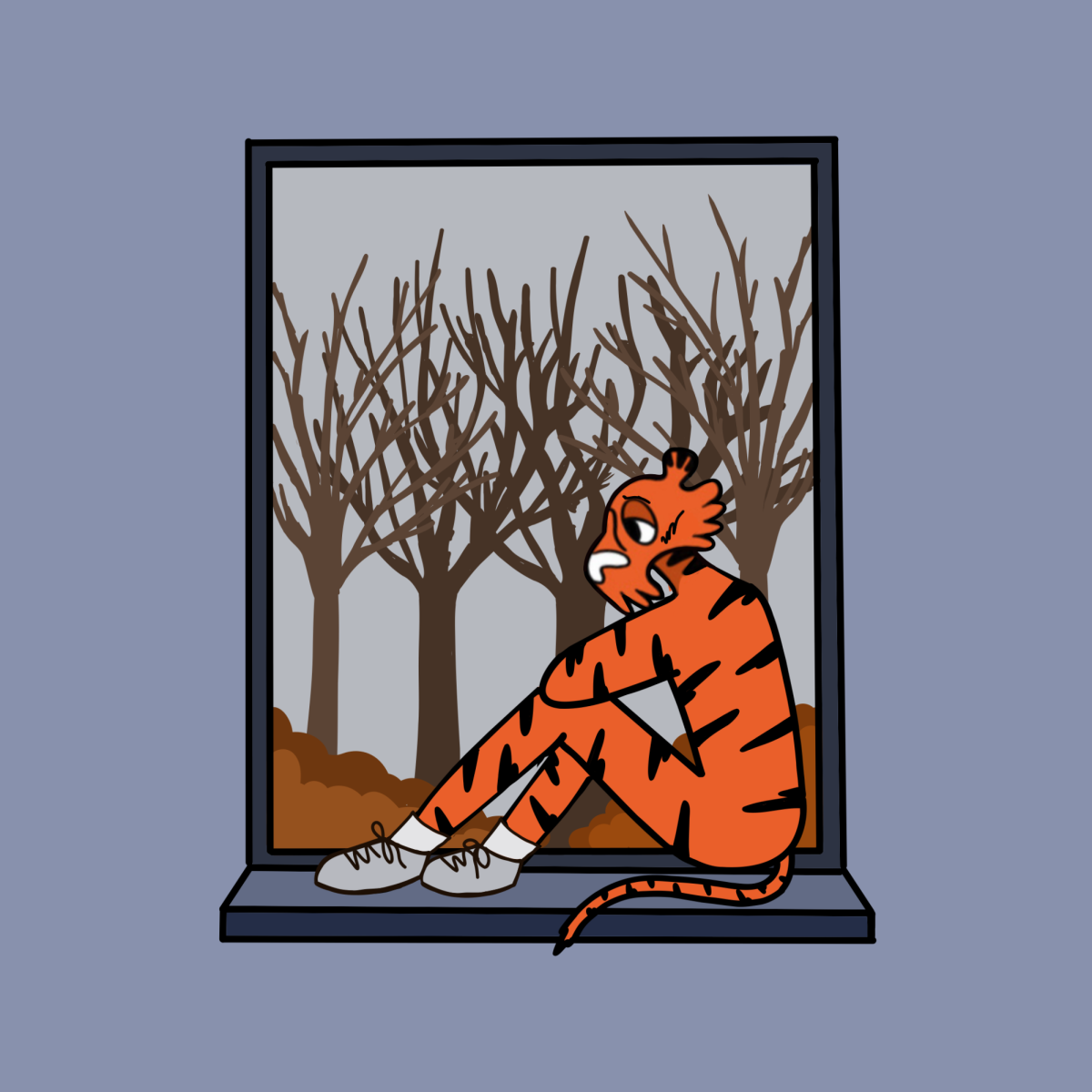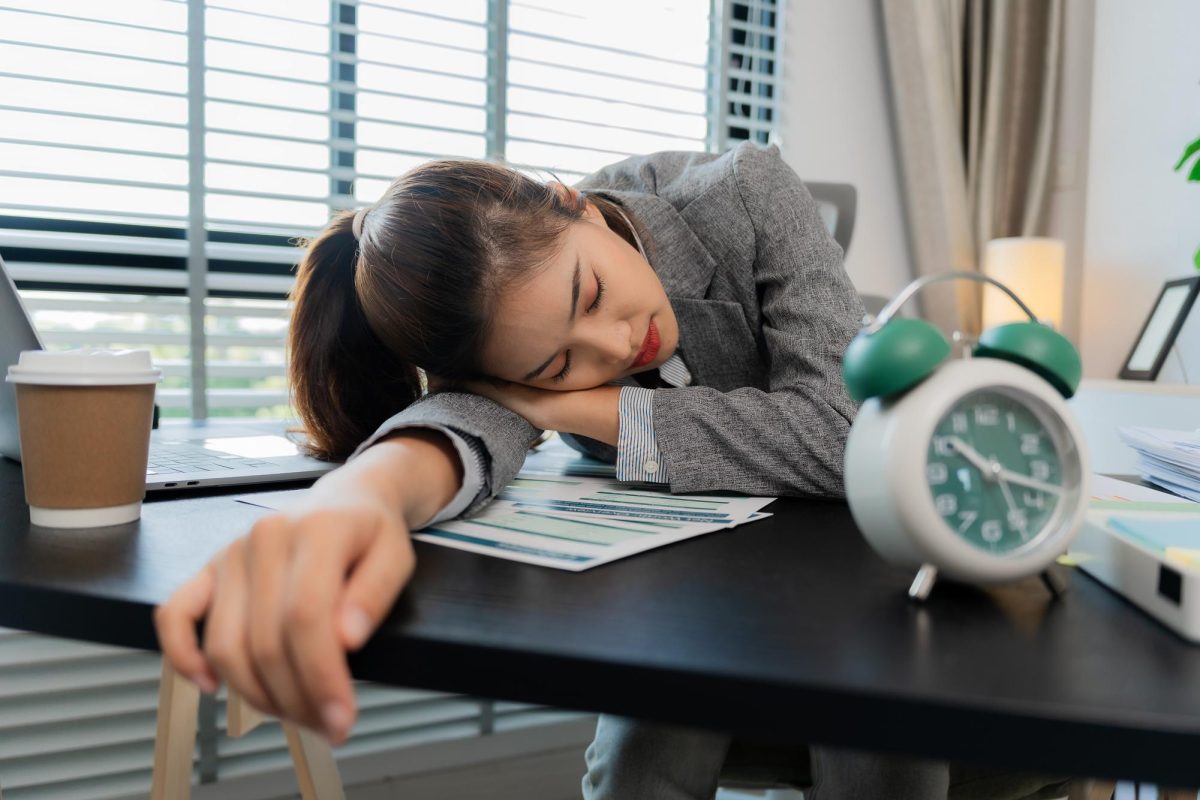As the post-holiday winter gloom sets in and the “once in a blue moon” snow has melted, many students are feeling — or continuing to feel — the effects of seasonal depression or seasonal affective disorder.
The Tiger reached out to Anna Baker, a licensed clinical psychologist and professor of abnormal and health psychology at Clemson University, in order to gain more insight into the disorder and its repercussions for students.
Seasonal affective disorder is a condition where someone experiences depressive symptoms during four out of the five months of the winter season. A combination of factors causes this condition, and research has shown that it is related to a few side effects of shorter daylight hours: lower serotonin levels, vitamin D deficiency and the overproduction of melatonin.
This combination of disrupted serotonin and melatonin impacts your sleep cycle, Baker told The Tiger in an interview.
SAD is a very common ailment, with about 5% of adults in the U.S. experiencing it per year, according to the Mayo Clinic. The primary age of those who experience SAD is the 18 to 30 demographic, so it’s no wonder that many college students feel down and sluggish this time of year — they have more than school course loads bringing them down.
According to Baker, poor sleep is highly linked to depressive symptoms, and just fixing sleep has been shown to alleviate depressive symptoms significantly (any type of depression, not just SAD).
“Often, students underestimate the huge toll lack of sleep has on their mental health,” Baker told The Tiger. “When we don’t get enough sleep, we cope with stressors worse, we overreact to situations or do not see them clearly- problems with emotion regulation, we have issues with a lot of cognitive functions such as memory, we do not take care of our health- tend to eat poorly and are less physically active.
“One of the best and easiest (and most overlooked and ignored) things you can do as a student struggling with depressive or anxiety symptoms is getting better sleep as a first step.”
While every college student is used to parents, professors and doctors telling them to get more sleep and are sure to be familiar with the subsequent struggles, sleep remains one of the best and most obvious options for feeling better.
Instead of taking on the overwhelming task of entirely changing your sleep routine around a tight class schedule, setting a small goal, like getting in an extra hour of sleep or trying to go to bed earlier on the weekends, could be beneficial.
“In addition, sometimes we have negative thoughts around winter, so working on changing how you think about the winter months and trying to get outside and enjoy the aspects that you can about this season can be helpful,” Baker suggests.
“Make sure you are still engaging in fun activities, seeing friends for social support, staying physically active/getting outside for that Vitamin D, and helping others. Taking the focus off yourself and helping someone else can really help your mental health.”
While this may seem daunting when students are stuck in classes for hours a day, completing these small and doable ways of approaching SAD can have great benefits.
Even though the winter months can seem dreadful, remember that there are people around you here to help and that spring is right around the corner!

















